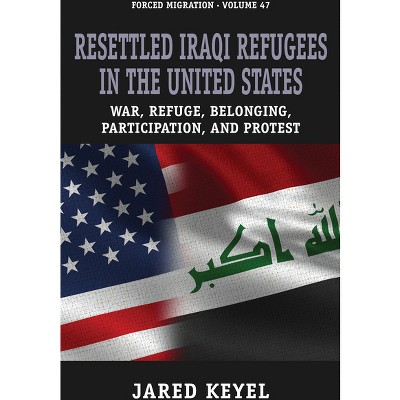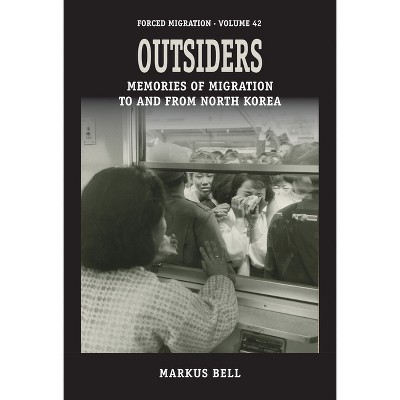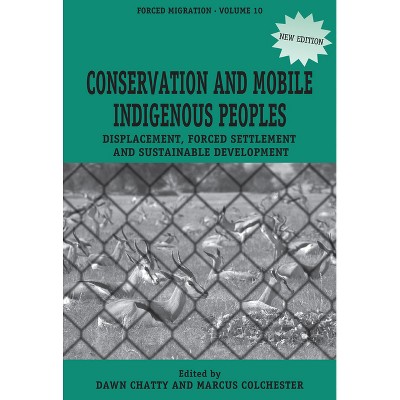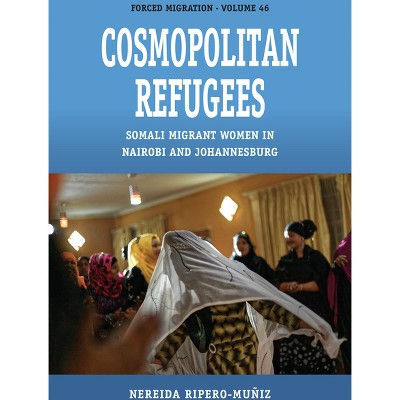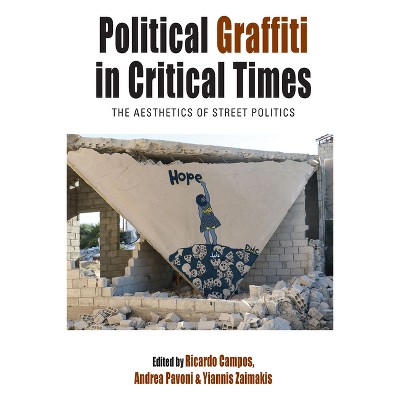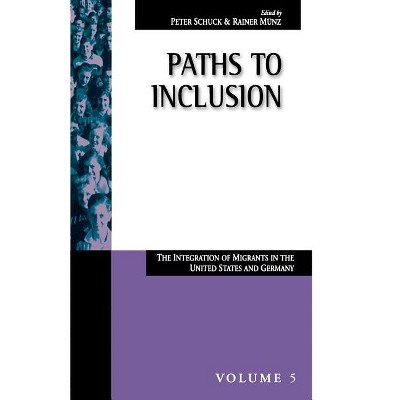About this item
Highlights
- Since the end of the Rwandan genocide, the new political elite has been challenged with building a unified nation.
- Author(s): Andrea Purdeková
- 306 Pages
- Social Science, Violence in Society
- Series Name: Forced Migration
Description
Book Synopsis
Since the end of the Rwandan genocide, the new political elite has been challenged with building a unified nation. Reaching beyond the better-studied topics of post-conflict justice and memory, the book investigates the project of civic education, the upsurge of state-led neo-traditional institutions and activities, and the use of camps and retreats shape the "ideal" Rwandan citizen. Rwanda's ingando camps offer unique insights into the uses of dislocation and liminality in an attempt to anchor identities and desired political roles, to practically orient and symbolically place individuals in the new Rwandan order, and, ultimately, to create additional platforms for the reproduction of political power itself.
Review Quotes
"This is a book that deserves to be widely read. [It] will appeal to both Rwanda and African Studies scholars and is a must-read for graduate students preparing to do fieldwork in Rwanda. Scholars working in development studies, peace and conflict studies, comparative politics and cultural anthropology will be rewarded for a careful read." - Journal of Modern African Studies
"Although the author focuses upon Rwanda's unity-building project, she places her analysis within a wider social and political reflection. This makes the book a major contribution to the literature on contemporary Rwanda." - African Affairs
"Against the backdrop of Rwanda's complex post-genocide setting, Purdeková explores the unity-building attempts through which a 'New Rwanda' is being created. The visions and dominant ideology that underpin the national project, along with the strategies being deployed to achieve it, are addressed with rich detail and precision. This ethnographic study also offers a fine account of daily politics as lived by Kigali residents." - Johan Pottier, SOAS, University of London







